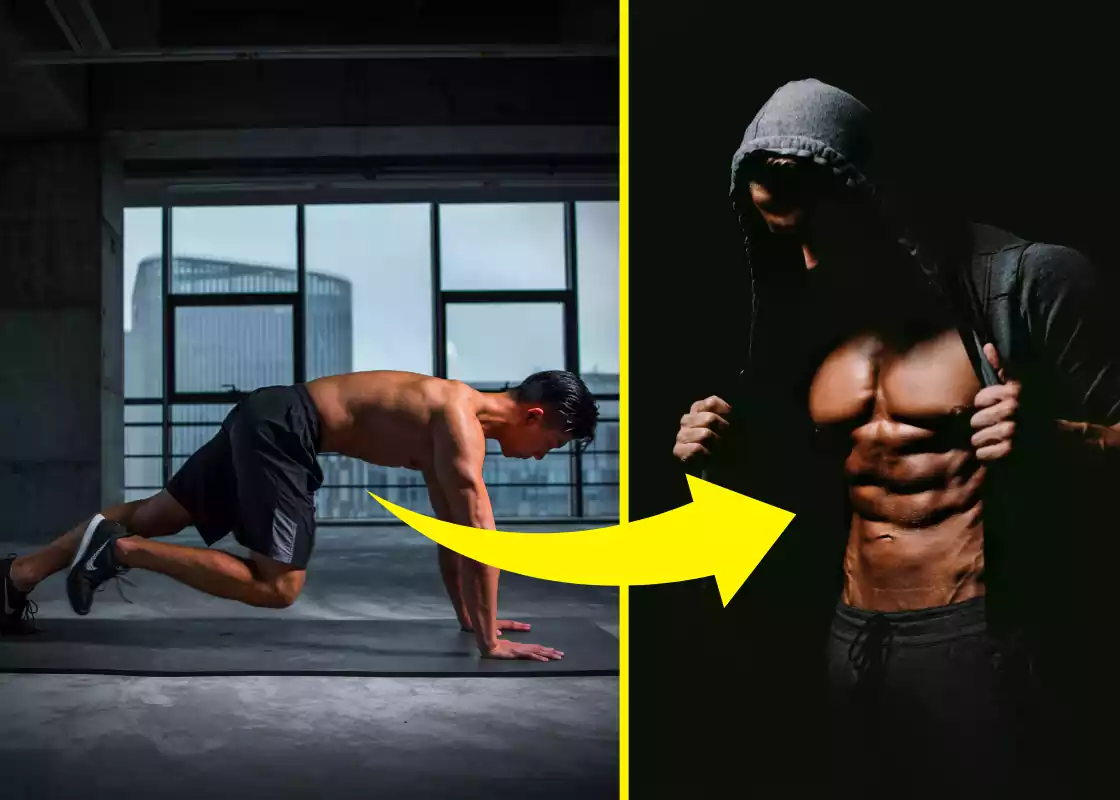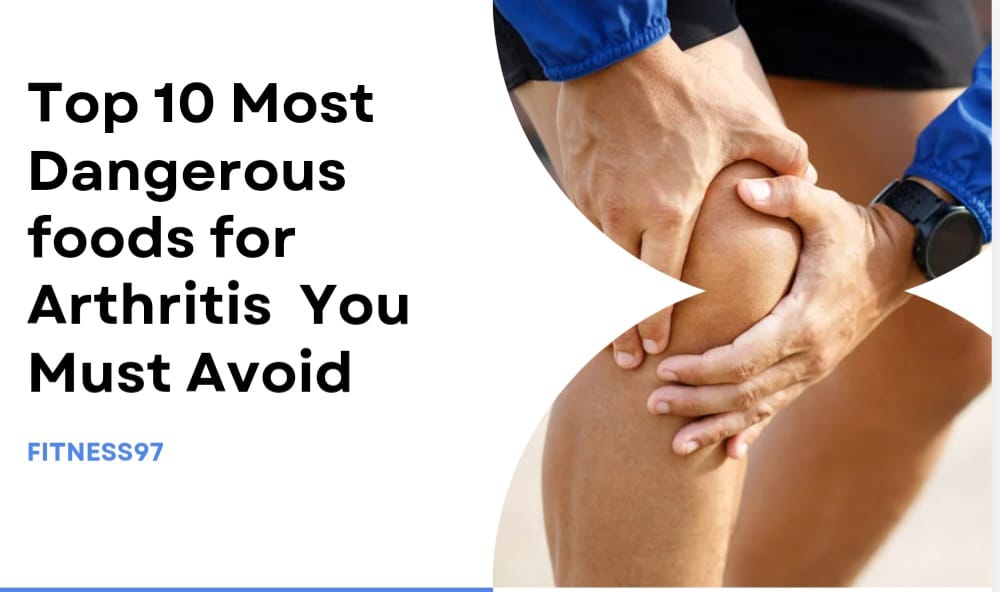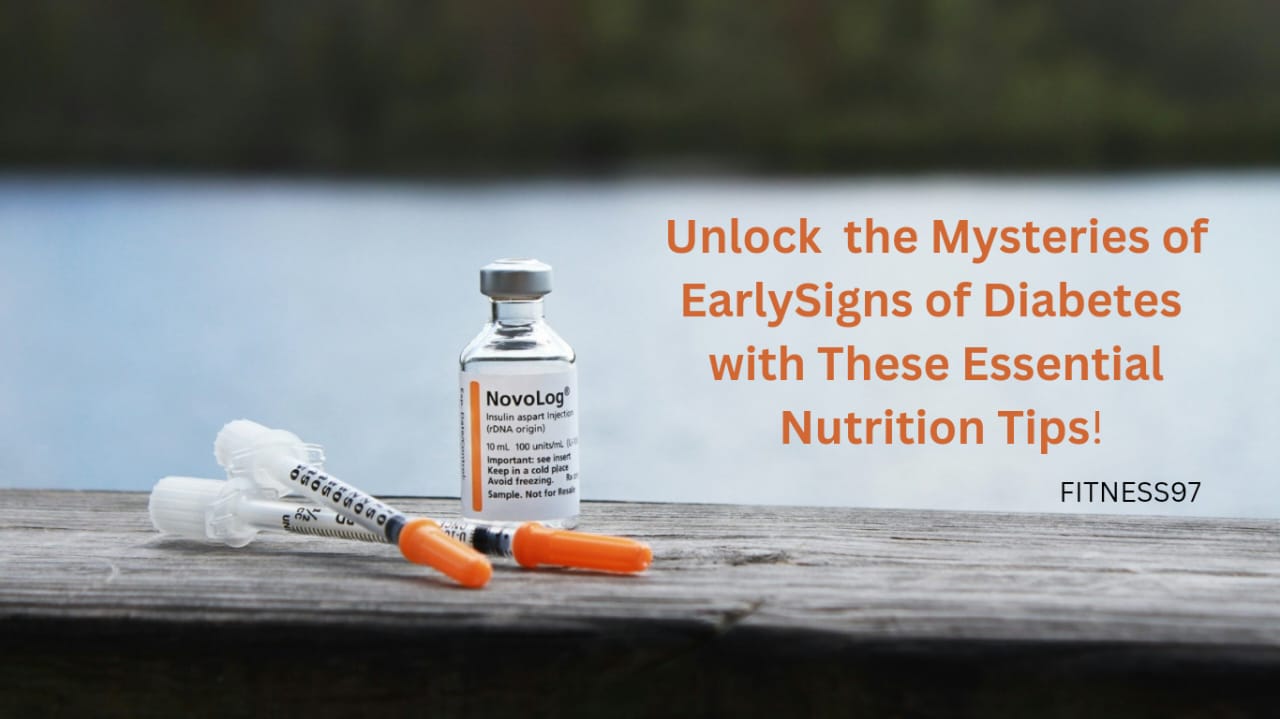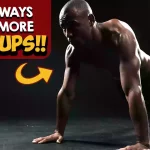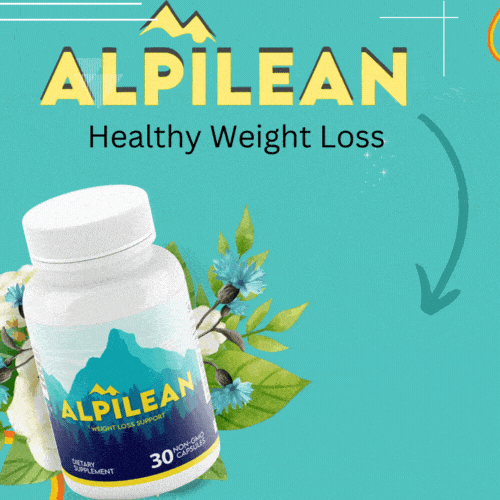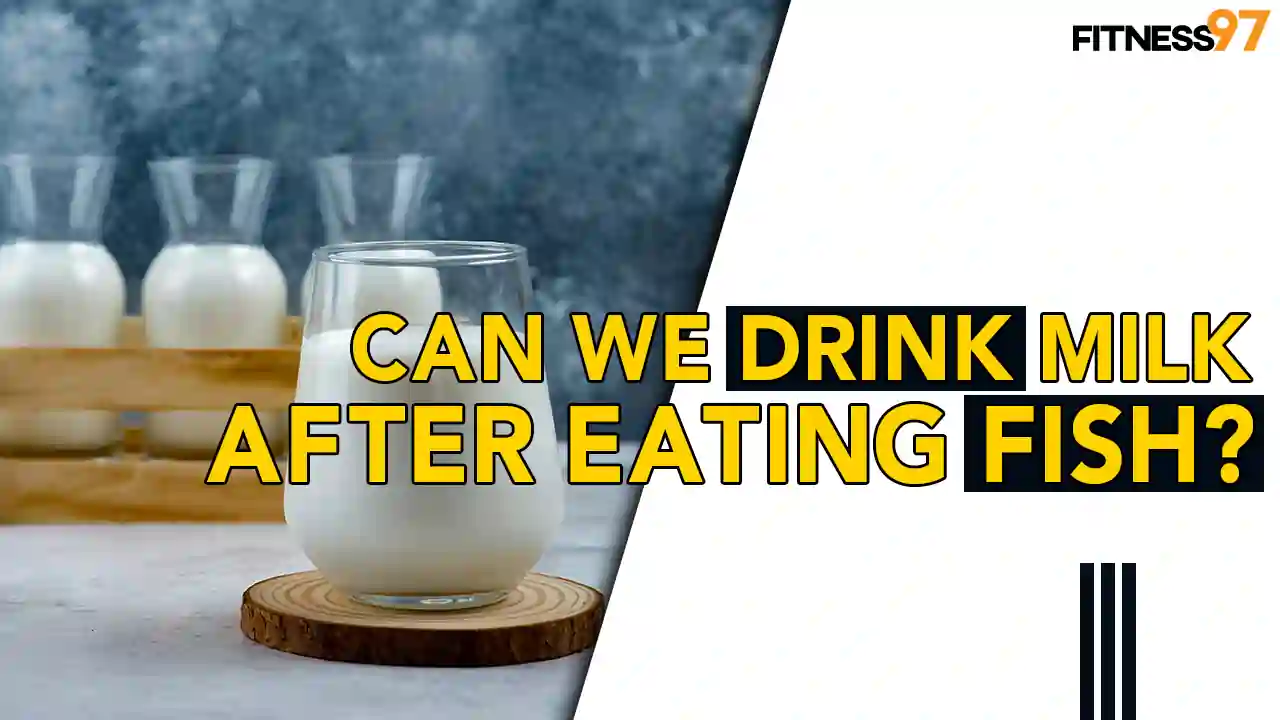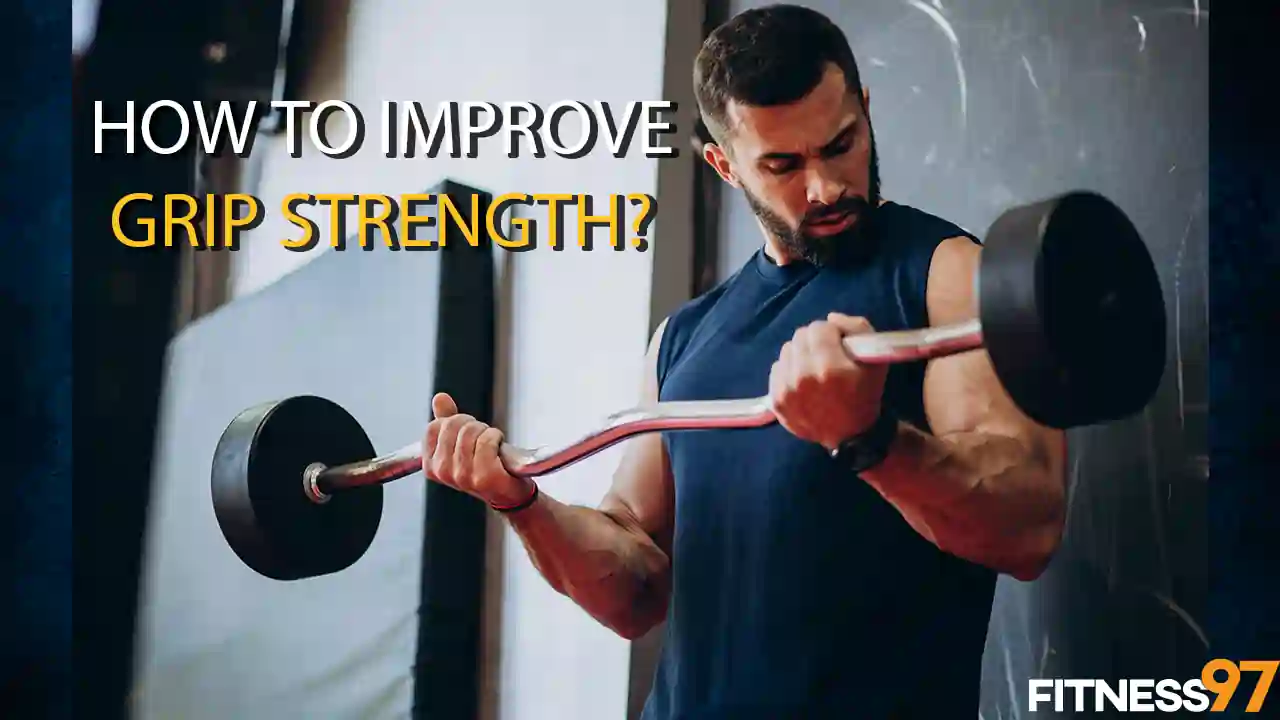If you ask any young person nowadays, what’s in fashion? One of the answers will definitely be building abs. Building abs before was part of bodybuilding training, but now it has become a fashionable trend and looks cool, as per the remarks of the majority of people. But it’s not so easy to get abs. You need to eat healthily, exercise daily, and maintain a core strength exercise in your routine workout. One such core and promising exercise are Planks, which has been superseding the effects of crunches and is opted by the majority.
There are many theories that planks help in building abs. Some people do agree with it while some do not. If you also want to know are planks good for abs? Can they turn your abs into the six-packs of your dream? This guide is for you.
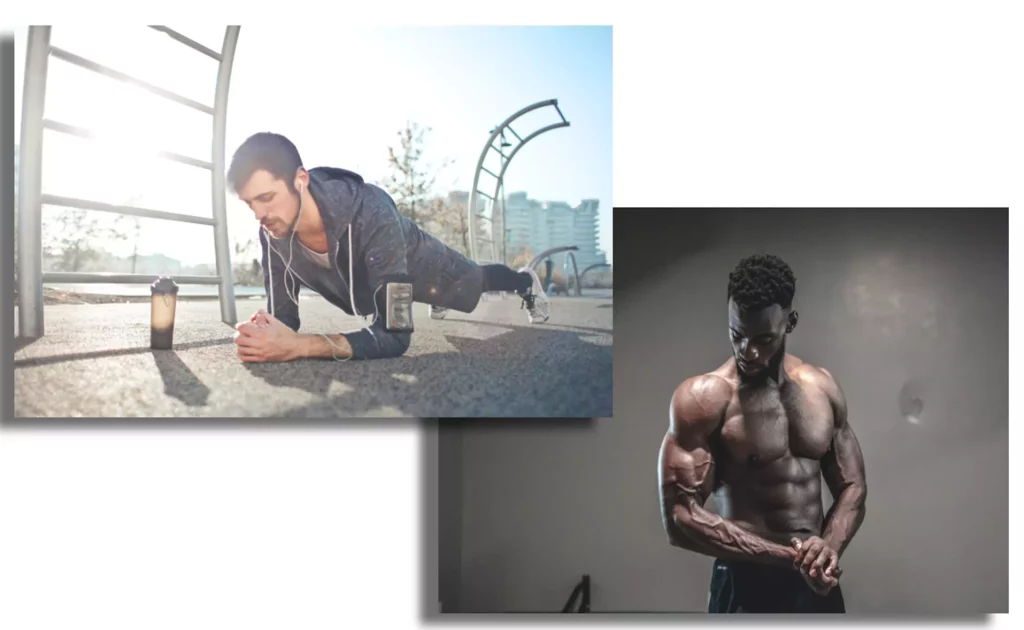
How do Planks Help in Making Abs?
Planks got popular and got associated with abs making due to their few prime qualities that target all muscles of the body, especially core muscles. Multiple variations in technique and comfort of the spine during exercise make planks stand out among other exercises.
The Whole Core Gets Worked Out
To understand how planks work on the whole core of the muscles, you need to get familiar with the kind of muscles that are involved during abs making and core strength exercises.
- Transverse abdominis (Muscle from torso to the pelvis)
- Erector spinae (Each side of the spine)
- Obliques (Around the hip bones)
- Latissimus dorsi (Below the shoulder blade, on the sides of the spinal cord)
- Rectus abdominis (Between ribs and pubic bone)
When you settle yourself in the plank position and need to stay suspended off the floor; these core muscles all work together to keep you in that particular position. During that, your rectus abdominis or you can say abs are what get targeted the most and do the job of stabilizing the body. That stress on these muscles during planks is what sculpts your abs into six-packs.
Spine Safety is not Compromised
Crunches and sit-ups lost their charm when they caused several spine injuries and unbearable back pains due to curling motion during those exercises. Planks are safe in this regard. The uphold and flat back position during planks do not let the spine get hurt and also help prevent back injuries.
Planks are Diverse!
Diversity in planks is what makes it unique as well. Improving your plank technique can ultimately pave the way towards improvement in the abs development process. You can try multiple planks like side plank, elevated plank, reverse plank, lower ab plank, and side plank oblique twists. A modified version of planks also plays an important role while you move on to the next core exercise for abs development, by providing muscular strength in each and every muscle of the body.
Planks do help in abs development, which is known to us till now. However, the quantity and quality of planks should also be known to you to get your desired results without straining yourself.
How Many Planks a Day to Get Abs?
If you are a beginner and have just started doing planks, you first need to make planks part of your routine gradually. Try doing one set of planks after your routine exercise. With time, keep increasing the number and try performing multiple sets of planks two to three times a week.
How Long Should You do Planks?
Abs development requires strength in your muscles, and as long as you can hold yourself in plank position in proper form is what determines your core muscle strength. Try holding a plank for 30-60 seconds to get the best results. Don’t forget to take breaks; giving your muscles time to recover will allow you to hold up your position for more than 60 seconds, the next time.
Conclusion
Without any doubt, planks do work for your abs; with their diverse and core strengthening properties, they are surely taking the place of crunches. Though planks have been proven to be a good choice if you want to get those dreamy six-pack abs; planks alone won’t do the job. You need to join the forces of a healthy diet, cardio, and other core exercises to maximize your abs development process – as the saying goes, the more the merrier.

I look up to fitness as a lifestyle and love to pen down about it. I have 2 years of experience in content writing and I am here to share my research and knowledge on health and fitness.

